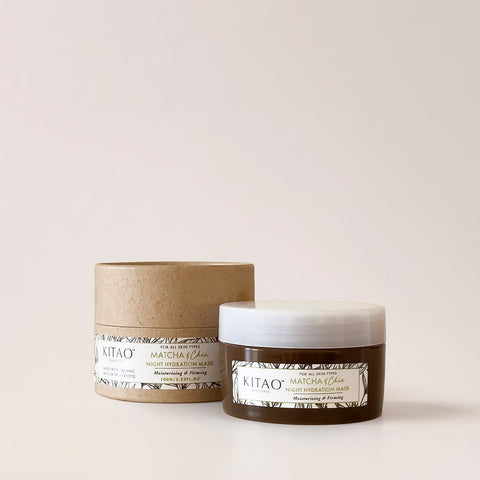What is matcha green tea?
If you’re a green tea drinker, you might already know that green tea is famed for its ability to help lower the risk of cancer and lifestyle diseases like diabetes and heart disease. This is due to its high level of polyphenols, a type of antioxidant. Matcha is a high-grade powdered green tea that is grown and prepared very differently from regular green tea. In the final weeks before harvest, the tea leaves are grown in the shade in order to increase their chlorophyll and amino acid levels. This is unlike regular green tea which is grown in the sun all throughout. Another key difference is the drying methods. While green tea may be dried through a variety of methods such as oven-drying, sun-drying, or basket-firing, matcha green tea leaves are destemmed, deveined, and then steamed to halt the oxidation process. This lends matcha its vibrant emerald hue, which is visible once the leaves are ground into a fine powder. Matcha green tea is prepared by whisking this powder in hot water until it forms a smooth, frothy consistency.
4 matcha green tea benefits for the skin
Is matcha good for your skin? Let’s take a look at the importance of matcha green tea and how it can keep your skin healthy and happy.
1. Protects skin from UV ray damage and pollution
Regular green tea is known for its anti-aging benefits. Matcha tea leaves carry an even higher concentration of antioxidants due to the special shade-growth process they undergo, and they often contain over 100x of the antioxidant levels in regular green tea. Antioxidant epigallocatechin gallate (EGCG) is believed to combat free radical damage from environmental stressors like UV rays and pollution. It’s no secret that repeated exposure to UV rays can accelerate photoaging, resulting in the formation of wrinkles and dark spots. Chlorophyll is yet another compound found in matcha that helps to mitigate photoaging and keep the skin healthy and youthful feeling.
2. Fights acne
Antioxidant EGCG is known to help curb sebum production, prevent the growth of bacteria, and calm inflammation, all of which trigger acne. EGCG may help reduce hormone-related breakouts by binding with androgen receptors, hormones that are responsible for sebum secretion in the skin. Overtime, the continual application of EGCG to the skin can help curb excess oiliness and soothe irritated skin.
3. Calms redness and psoriasis
Psoriasis is an auto-immune condition that results in itchy, red and inflamed skin. Inflammation is a healthy indicator that the body is trying to heal the skin from an injury or disease, but it sure can feel painful and look unpleasant. The various catechins and polyphenols found in matcha can help neutralize inflammation, leading to less redness, clearer pores, and a more balanced complexion.
4. Rejuvenates and brightens skin
Matcha contains methylxanthines, or compounds that widen the blood vessels and increase blood flow to the surface of the skin. Caffeine, theophylline, and theobromine are some of the methylxanthines found in matcha green tea. The improved blood flow helps the body filter out waste products more easily, and also delivers nutrients and oxygen to the skin cells. This leaves you with a brighter, more glowing complexion.
Ready to make this superfood a part of your skincare arsenal? You’ll want to check out this matcha skin care set from KITAO, which infuses ECO-CERT certified organic matcha grown on tea plantations in Uji, Kyoto in each of its products.
SHOP: KITAO Matcha + Chia Cleansing Cream





